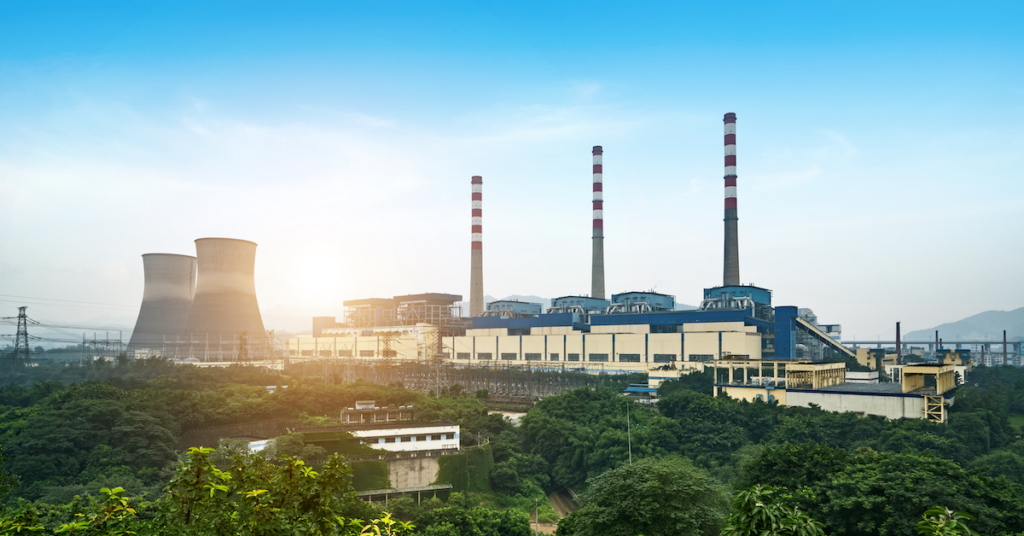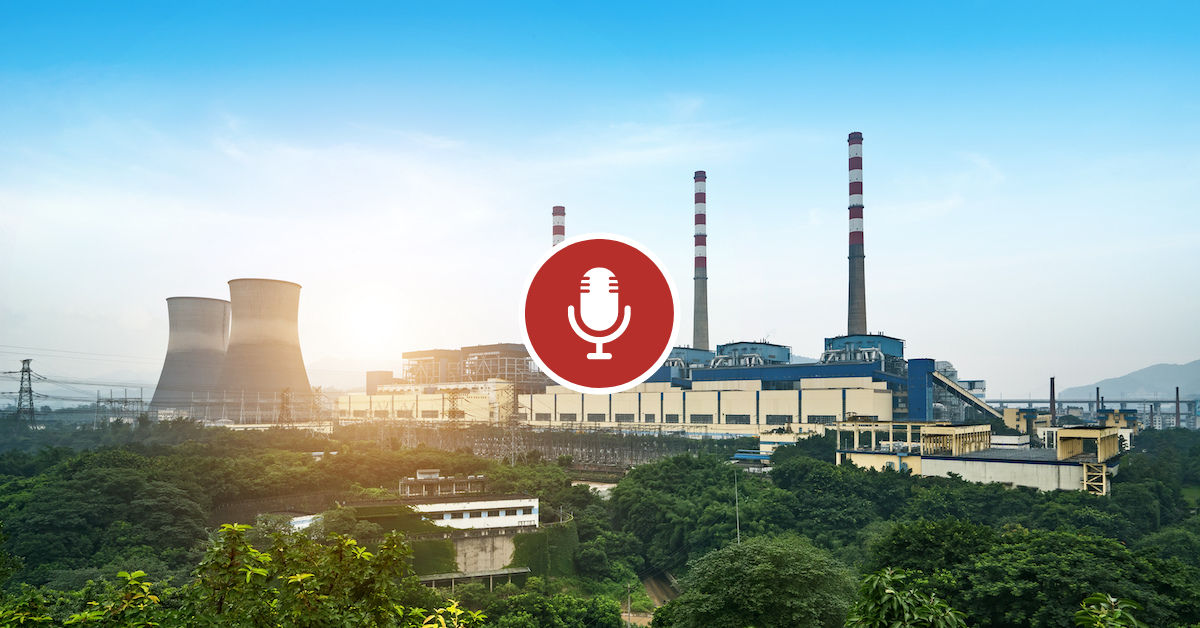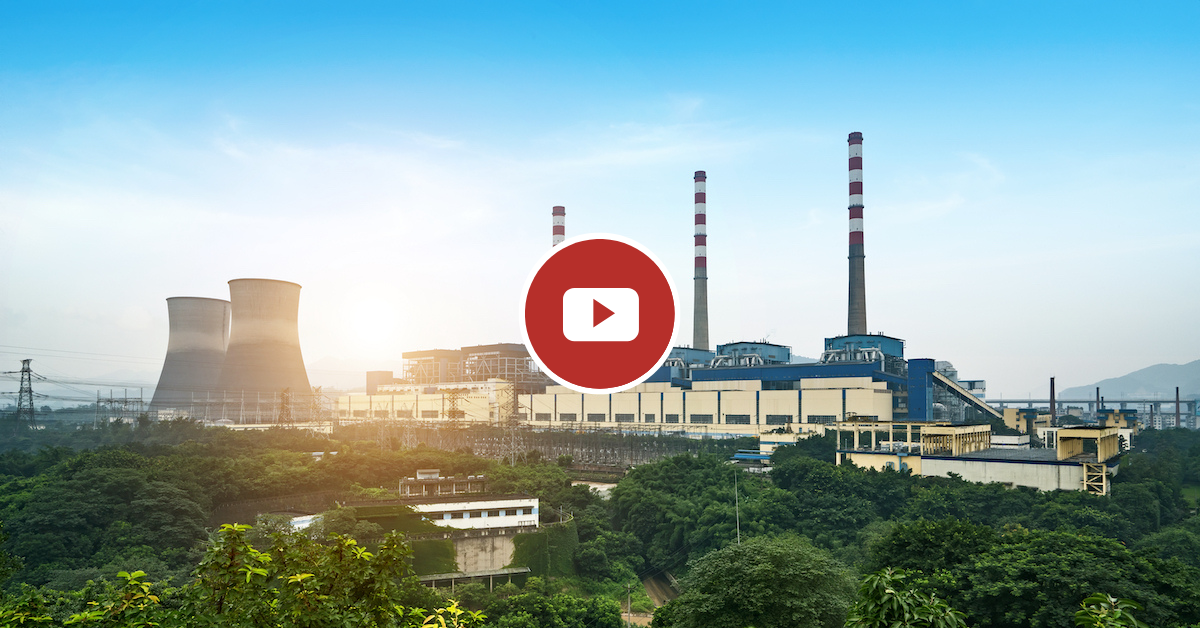Thursday, April 4, 2024 | 11:00 AM EDT - 11:30 AM EDT
China is the largest greenhouse gas emitter in the world, making its carbon abatement plans crucial to the future of global climate change mitigation. The country’s flagship climate goals aim to peak carbon levels by 2030 and achieve net-zero emissions by 2060 (“30-60 goals”). China has moved more slowly in developing its emissions trading system (ETS) than in other carbon abatement areas. 2021 marked the inception of China’s ETS, the largest carbon emissions market in the world. At the onset, the ETS showed promising returns, with close to $200 million tons of trading in the first transaction period (July-December 2021). However, over the past few years, China has moved slowly to expand the ETS to include more industries. Most recently, the government passed a new series of regulations that will strengthen the legitimacy of the market and authorize more penalties for companies that fabricate or fail to report their emissions.
On April 4, 2024, Michael Davidson joins Max Song and Xiaolu Zhao to discuss China’s emissions trading system and its implications for domestic and international climate goals.
Speakers

Max Song
Max Song is CEO of Carbonbase, Asia’s first digital native carbon registry, a Forbes 30 Under 30, a HuRun Under 30, a Tatler Gen T Honoree, and a Schwarzman Scholar. Carbonbase leverages data science and blockchain for enterprise solutions for measuring, managing, and reducing corporate carbon emissions, and AI for ESG report analysis. Previously, Mr. Song worked in investments for two multi-billion Hong Kong family offices, where he invested in TMT, AI, blockchain, and healthcare. He began his career as a data scientist in Silicon Valley for Ayasdi, where he led data analysis for financial applications, notably Citibank’s 2014 Federal Stress Test.
Mr. Song received a master’s degree from Schwarzman College, Tsinghua University, and bachelor’s degree from Brown University, where he majored in applied math and computer science. He is the co-chair of the IEEE Planet Positive 2030 Forestry Committee, and a board director of an Asian virtual bank.
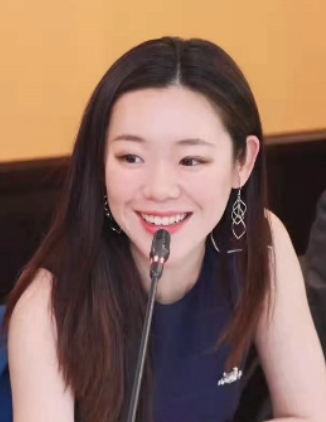
Xiaolu Zhao
Xiaolu Zhao is senior director of climate at the Environmental Defense Fund (EDF). She manages projects to support China in building its national carbon market, including carbon market design, policy research and advocacy, stakeholder engagement, capacity building, and strategic design. Ms. Zhao has not only participated in building China’s national carbon market, but has also co-authored research reports, including The Progress of China’s Carbon Market, China Carbon Pricing Mechanism Research Report, Belt and Road’ Countries Carbon Market Mechanism Research Report, and others.
Ms. Zhao is working on her doctoral degree at Tsinghua University, and received an MA in environmental engineering from the School of Civil and Environmental Engineering at the University of Michigan. She is also a Global Solution Program Alumna from Singularity University.
Moderator
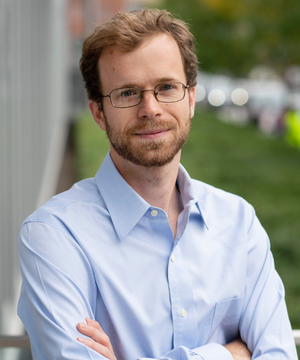
Michael Davidson
Michael Davidson is an assistant professor with the School of Global Policy and Strategy and the mechanical and aerospace engineering department at the University of California, San Diego, where he leads the power transformation lab. Dr. Davidson’s teaching and research focus on the engineering implications and institutional conflicts inherent in deploying low-carbon energy at scale to mitigate environmental harms. Dr. Davidson holds a Ph.D. in engineering systems and an S.M. in technology and policy from MIT, and a B.S. in mathematics and physics and a B.A. in Japanese studies from Case Western Reserve University. He held a post-doctoral fellowship at the Harvard Kennedy School’s Belfer Center for Science and International Affairs, received a Fulbright Fellowship to study at Tsinghua University, and worked on U.S.-China climate policy for the Natural Resources Defense Council. Dr. Davidson is an NCUSCR Public Intellectuals Program fellow.
